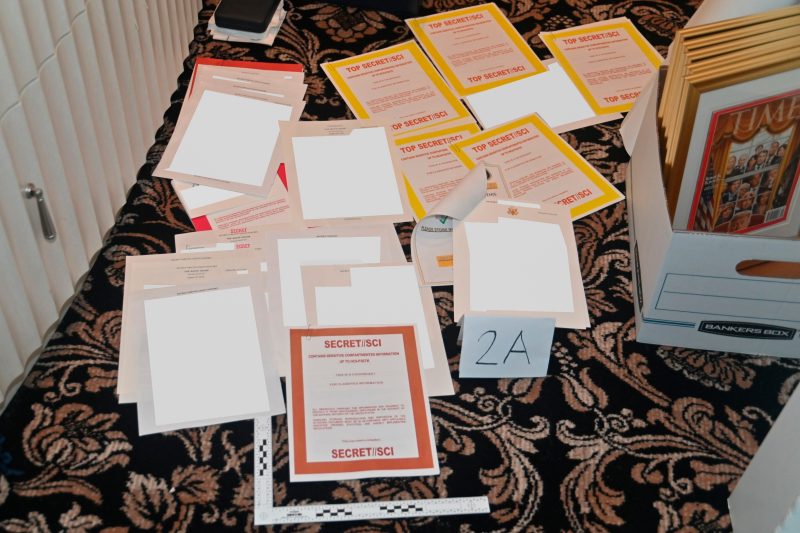In a recent development that has garnered significant attention and debate, former President Donald Trump has once again asserted immunity in the ongoing legal battle over classified documents related to his stay at Mar-a-Lago resort in Florida. This move has sparked a heated discussion about the extent of presidential powers and the boundaries of executive immunity.
The case revolves around Trump’s refusal to hand over classified documents to the National Archives concerning his time at Mar-a-Lago, where he frequented during his presidency. Trump’s legal team has argued that as a former president, he is entitled to certain privileges, including executive immunity, which shields him from being compelled to disclose such sensitive information.
Critics of Trump’s claim of immunity have raised concerns about the potential implications on transparency and accountability within the government. They argue that no individual, not even a former president, should be above the law or immune from judicial scrutiny when it comes to matters of national security and public interest.
Legal experts have pointed out that while presidential immunity is a recognized principle, it is not absolute and must be balanced with the need for transparency and accountability in a democratic society. They highlight that the Supreme Court has previously ruled that the president is not immune from legal actions related to unofficial conduct or actions taken before assuming office.
The Florida classified documents case has reignited the debate over the powers and limits of executive privilege, especially in situations where national security or public interest is at stake. It underscores the delicate balance between protecting the confidentiality of sensitive information and ensuring that those in positions of power are held accountable for their actions.
As the legal battle unfolds, it remains to be seen how the courts will navigate the complex issues at play and whether Trump’s claim of immunity will withstand legal scrutiny. The outcome of this case could have far-reaching implications for future disputes involving executive privilege and presidential immunity, shaping the landscape of governance and accountability in the United States.
